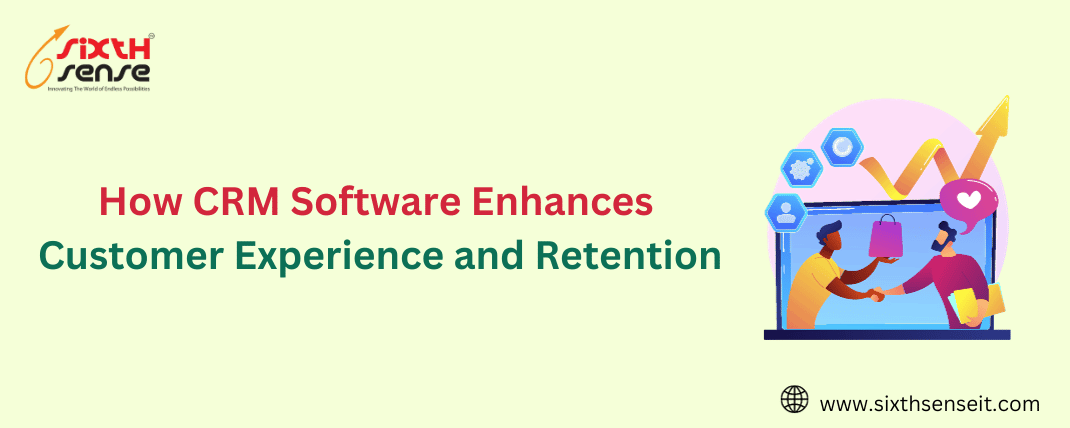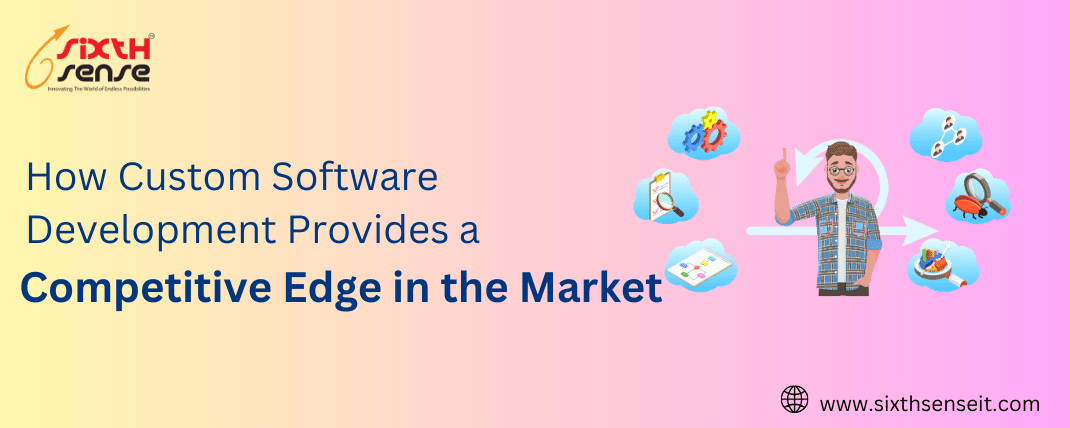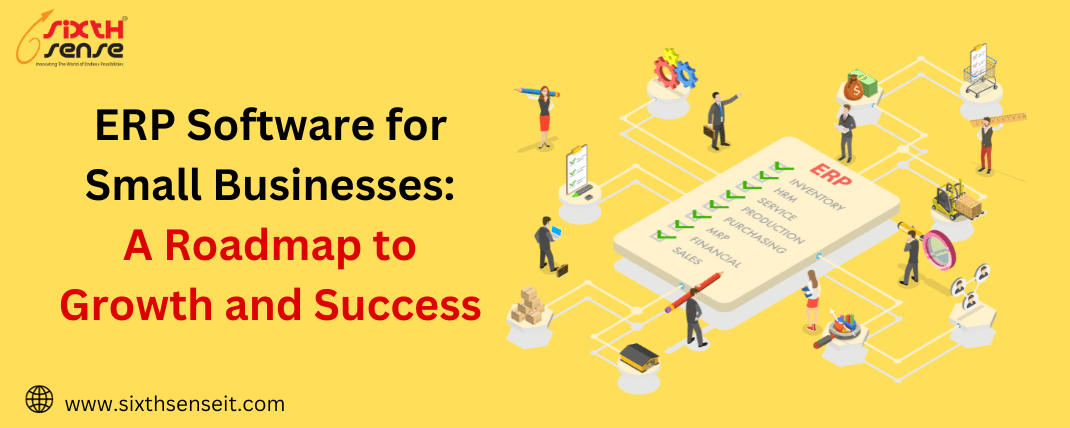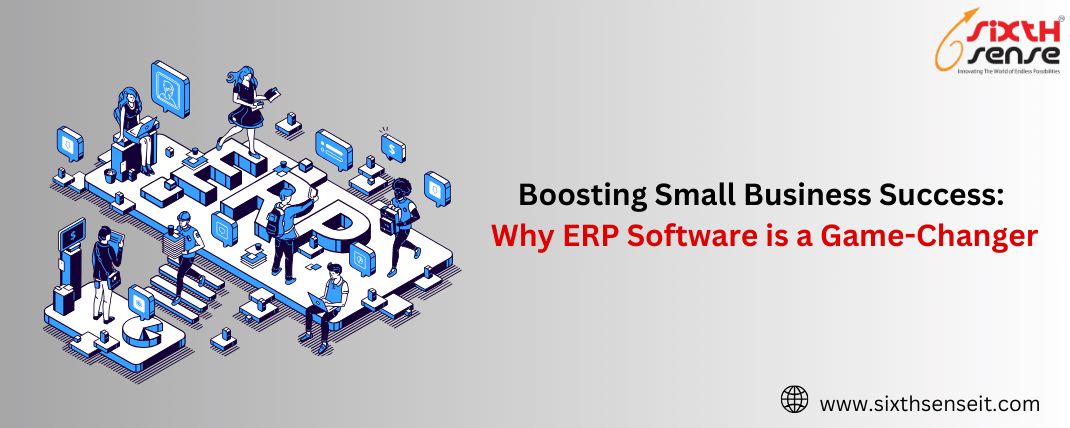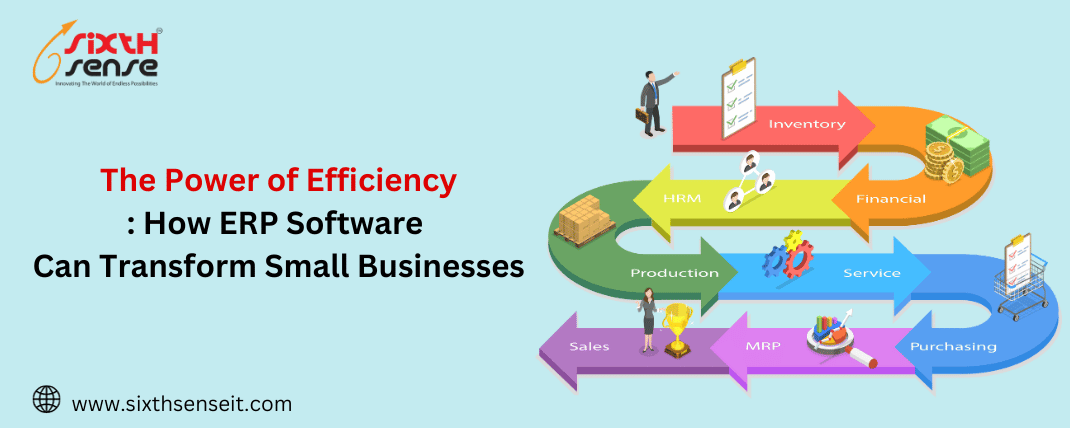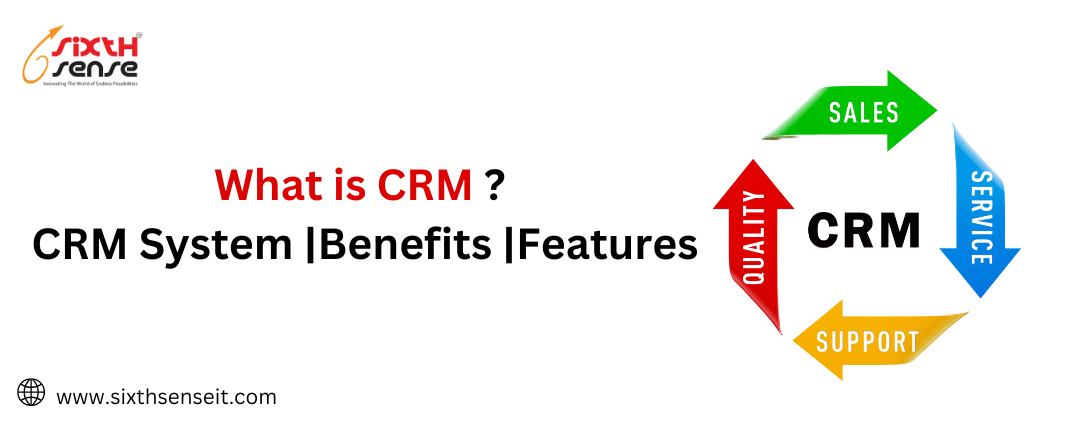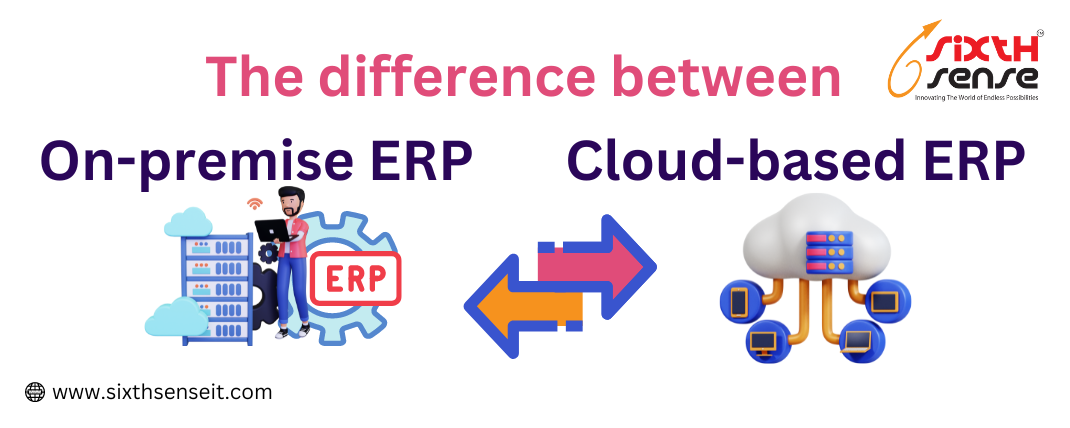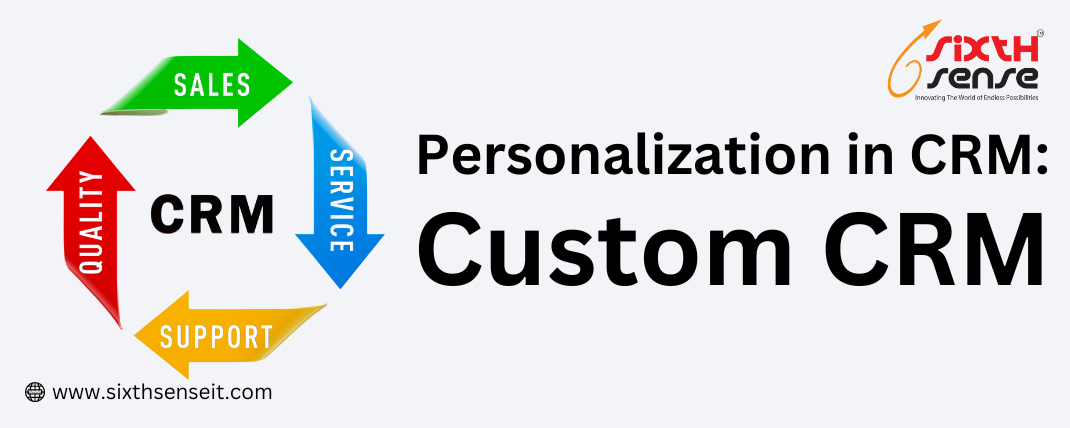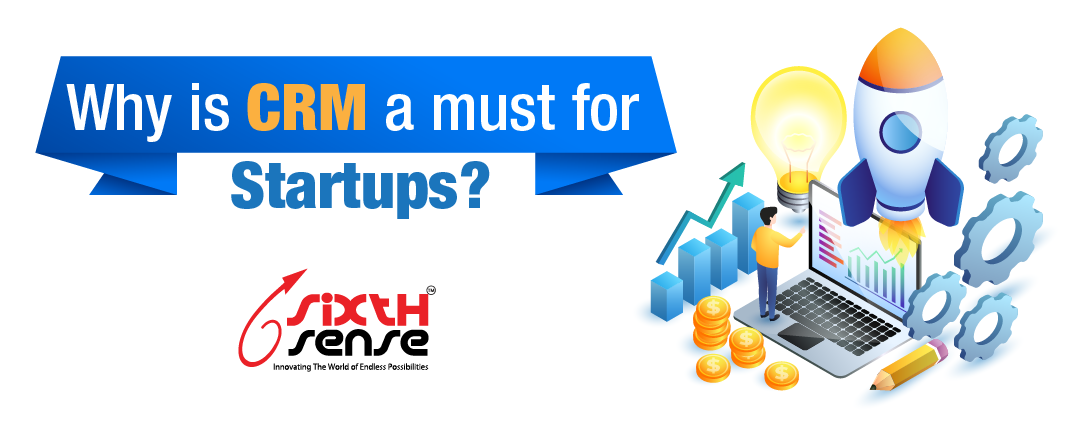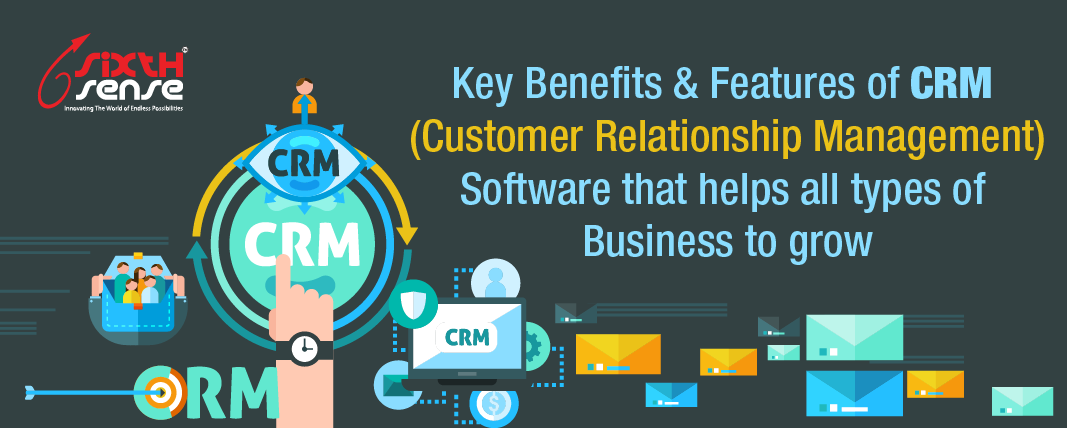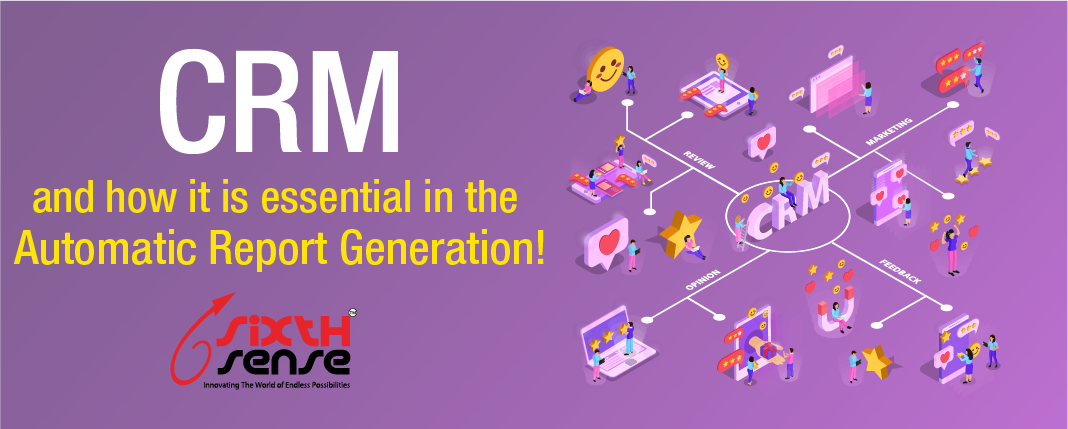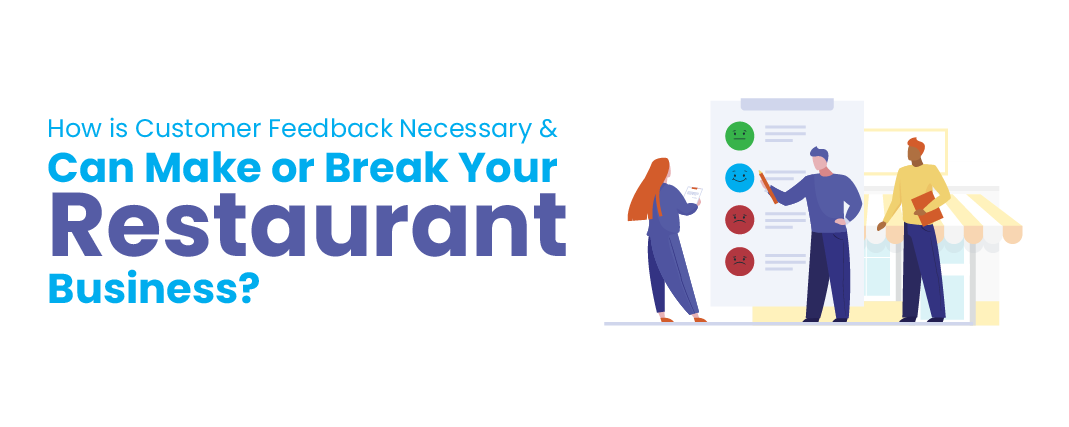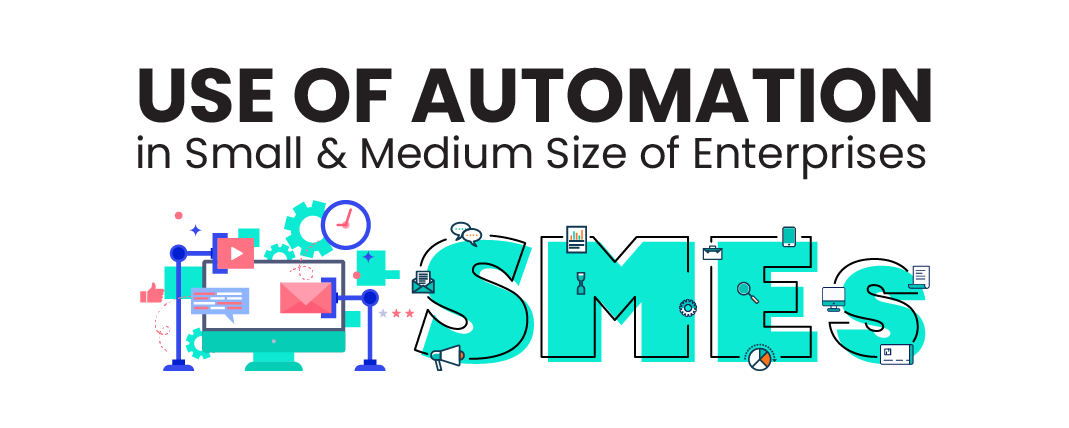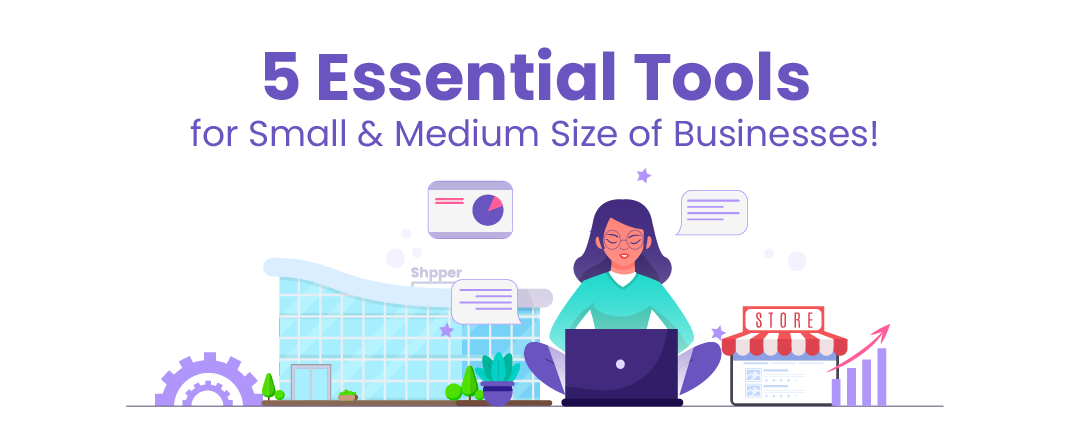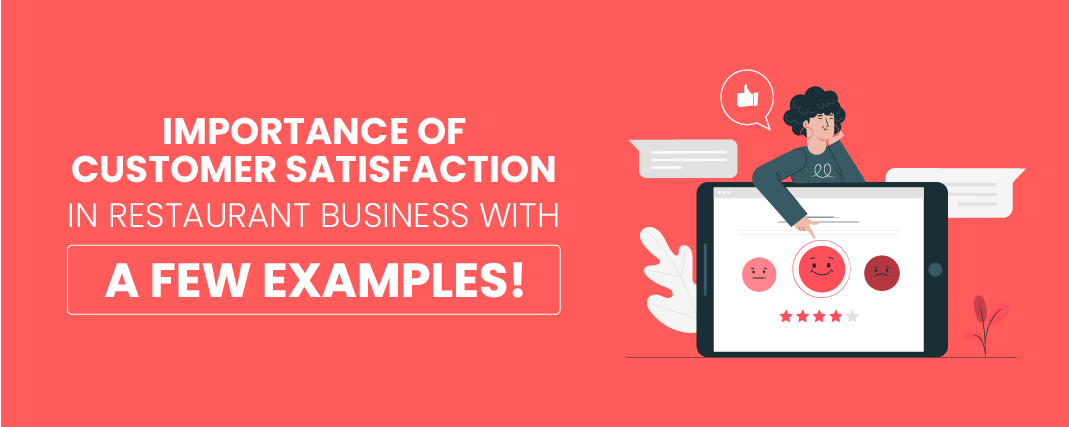
How Custom Software Development Enhances Business Competitiveness


The business landscape is evolving at an unprecedented pace. Technological advancements, shifting consumer expectations, and global competition are pushing companies to adapt and innovate. Traditional, off-the-shelf software solutions, while still relevant in many cases, are often too rigid and generic to address the specific needs and challenges faced by businesses today.
Custom software development has emerged as a powerful response to this shifting landscape. It involves creating software solutions tailored to the unique requirements of a business. From small startups to large enterprises, companies are increasingly recognizing the value of custom software in enhancing competitiveness. This guide will explore how custom software development can transform your business, streamline operations, leverage data, ensure security, delight customers, and foster innovation.
Custom software development is the process of designing, creating, deploying, and maintaining software that is uniquely built to meet specific business needs. This process is different from off-the-shelf software, which is designed to cater to a broad range of users and may not address the unique requirements of a particular business.
One of the primary advantages of custom software is its tailor-made nature. It's designed from the ground up to align with your business processes, goals, and specific challenges. Unlike off-the-shelf software that often requires businesses to adapt their operations to fit the software, custom software adapts to your business.
Custom software offers a multitude of advantages, including:
In essence, custom software empowers businesses to have complete control over their digital tools, optimizing their operations and providing a competitive edge.
Efficiency is the cornerstone of competitiveness. Custom software optimizes operations by automating repetitive tasks, reducing manual errors, and increasing overall productivity. This means your workforce can focus on strategic and value-added tasks, enhancing your competitiveness.
Custom software allows businesses to create streamlined workflows that match their specific processes. Automation not only reduces operational costs but also ensures consistency and quality in all tasks. It helps maintain high standards of performance and customer satisfaction.
One of the significant advantages of custom software is its seamless integration with existing systems. It can connect with your CRM, e-commerce platform, analytics tools, and more, creating a unified technology ecosystem. Additionally, custom software is scalable, allowing your business to adapt and grow without the need for major software replacements.
In today's data-driven world, information is power. Custom software can help businesses collect, analyze, and leverage data effectively. It provides access to real-time data, which is crucial for making informed decisions
Data analytics is at the heart of making data meaningful. Custom software can be tailored to include advanced analytics features, helping businesses gain insights, spot trends, and make predictive analyses to stay ahead of the competition.
Custom software can provide real-time insights into your business operations and customer interactions. This real-time data helps businesses identify opportunities, respond to challenges, and make strategic decisions promptly.
With the increasing reliance on digital platforms, the importance of data security cannot be overstated. Cybersecurity threats are ever-evolving, and businesses must stay ahead to protect sensitive information and maintain trust.
Custom software allows businesses to implement robust security measures. This includes features such as encryption, authentication, authorization, and regular security updates. By tailoring security measures to your business's specific needs, you can significantly reduce vulnerabilities.
Custom software can also ensure compliance with industry-specific regulations and data privacy laws. This not only mitigates risks but also builds trust with customers who are concerned about the safety of their data.
In today's competitive market, meeting and exceeding customer expectations is essential. Custom software can be designed to enhance the customer experience, providing unique features and functionalities that resonate with your target audience.
Custom software can help create a user-friendly and personalized experience for your customers, fostering loyalty and repeat business. The ability to adapt and evolve the software in response to customer feedback further strengthens relationships.
Custom software can offer personalized experiences, such as tailored recommendations and customized dashboards, making customers feel valued. A seamless and intuitive user experience can set your business apart from the competition.
Innovation is a key driver of competitiveness. Custom software not only enhances current operations but also opens doors to innovation. It provides the flexibility and agility needed to experiment with new ideas and strategies.
Custom software development can be more agile and rapid compared to the lengthy development cycles of off-the-shelf software. This means businesses can respond quickly to market changes and emerging opportunities.
Staying competitive in today's business environment requires the ability to adapt and innovate rapidly. Custom software keeps businesses agile and prepared to embrace new technologies and trends.
Explore how a custom e-commerce platform helped an online retailer deliver personalized shopping experiences, resulting in increased sales and customer loyalty.
Learn how custom software transformed healthcare providers by streamlining patient data management, enhancing security, and improving patient care.
Discover how a financial institution utilized custom software to provide real-time analytics, improved customer experiences, and enhanced compliance, leading to a competitive edge in the market.
Explore the pros and cons of in-house development versus outsourcing. Consider factors like expertise, cost, and resources when making this critical decision.
When outsourcing, selecting the right development partner is crucial. This chapter offers guidance on evaluating potential partners, examining their portfolios, and assessing their compatibility with your business goals.
Effective communication and collaboration with your development partner are essential for project success. Learn how to establish a productive working relationship to ensure your custom software aligns with your vision.
The technology landscape is continually evolving. This chapter explores emerging trends in custom software development, from AI and machine learning to blockchain and the Internet of Things (IoT).
To remain competitive, businesses must prepare for the future. This includes understanding the implications of emerging technologies and being ready to adapt.
Custom software will continue to be a critical tool in staying competitive. Adapting to new trends and technologies will be essential in maintaining an edge over rivals.
Custom software development is not just about streamlining operations; it's about transforming businesses. The flexibility and tailor-made nature of custom software can empower companies to adapt, innovate, and respond rapidly to market changes.
In today's fiercely competitive business landscape, enhancing competitiveness is not an option; it's a necessity. Custom software development offers a strategic path to achieve and maintain a competitive edge. By focusing on customization, efficiency, data-driven decision-making, security, customer-centric solutions, and innovation, businesses can position themselves for sustained success. Embracing custom software development isn't just an investment; it's a commitment to a competitive future.




